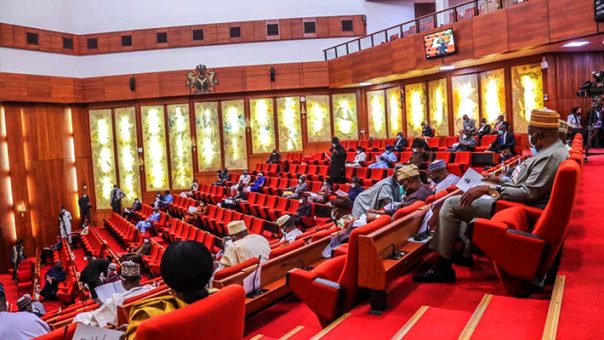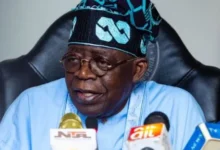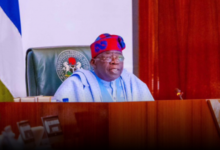Senate engages forensic experts to trace crude oil theft

The Senate Ad-hoc Committee on Crude Oil Theft says it has engaged forensic experts to trace and provide information on crude oil theft in the country.
The committee Chairman, Senator Ned Munir Nwoko, disclosed this during a two-day public hearing on the Incessant and Nefarious Acts of Crude Oil Theft in the Niger Delta held at the Senate Wing, National Assembly Complex, Abuja.
Nwoko said the Ad-hoc Committee, since its inception had commenced work in earnest by engaging forensic experts to trace and provide information on crude oil theft from point of lifting to sales up to bank transactions. “This is truly yielding great results and the Ad-hoc Committee will in due time not hesitate to publish its findings. On this note, I wish to assure Nigerians of the Ad-hoc Committee’s commitment to this course as well as its readiness to finding a lasting solution to this nightmare facing our oil and gas industry.”
The Senator representing Delta North Senatorial District in the National Assembly noted that the hearing was a pivotal step in addressing one of the most pressing challenges facing “our nation—the rampant theft of crude oil through illegal bunkering, pipeline vandalism, and the systemic gaps in the regulation and surveillance of our petroleum resources.
“Nigeria loses billions of dollars annually to crude oil theft. This is severely undermining our economy, weakening the Naira, and depriving the nation of vital revenue needed for infrastructure, healthcare, education, and social development.”
Nwoko regretted “that the scale of this theft is staggering, with reports indicating losses of over 200,000 barrels per day – more than some OPEC member nations produce. This criminal enterprise fuels corruption, funds illegal activities, and devastates our environment through spills and pollution. Nigeria’s survival depends on how we tackle this menace.
“We cannot continue to hemorrhage resources while our people suffer. This hearing must produce practical recommendations that will be swiftly implemented.”
The lawmaker assured that Senate and the National Assembly are committed to passing laws that will strengthen regulatory agencies (NUPRC, NEITI, NSA, etc.), enhance community engagement and alternative livelihoods for Niger Delta youth, improve inter-agency collaboration between the military, police, NSCDC, and private security firms, enforce transparency in crude oil lifting and metering processes.
“Let me remind us all that the time for rhetoric is over. The future of our economy and the well-being of generations unborn depend on the actions we take today. I urge every participant to contribute constructively, with patriotism and urgency. Together, we can reclaim Nigeria’s stolen wealth, secure our energy infrastructure, and restore confidence in the petroleum sector.
He reminded participants that: “This public hearing is not just another talk shop. It is a decisive platform to: Uncover the root causes of crude oil theft, bunkering, and pipeline vandalism; Evaluate the effectiveness of existing surveillance, monitoring, and enforcement mechanisms; Identify regulatory and legislative gaps that enable these crimes to thrive; Engage stakeholders, security agencies, host communities, oil companies, regulators, and experts—to proffer actionable solutions; Strengthen legal frameworks to ensure stricter penalties and more efficient prosecution of offenders.
“We expect frank, evidence-based submissions from all stakeholders. This Ad-hoc Committee will not entertain blame games or excuses. We seek solutions, not just lamentations. Key questions we must answer include: Why has crude oil theft persisted despite numerous interventions?; What are the roles of international syndicates, local collaborators, and compromised officials?; How can technology (e.g., digital metering, drones, AI surveillance) enhance monitoring?; What legislative reforms are needed to deter offenders and protect national assets?”





